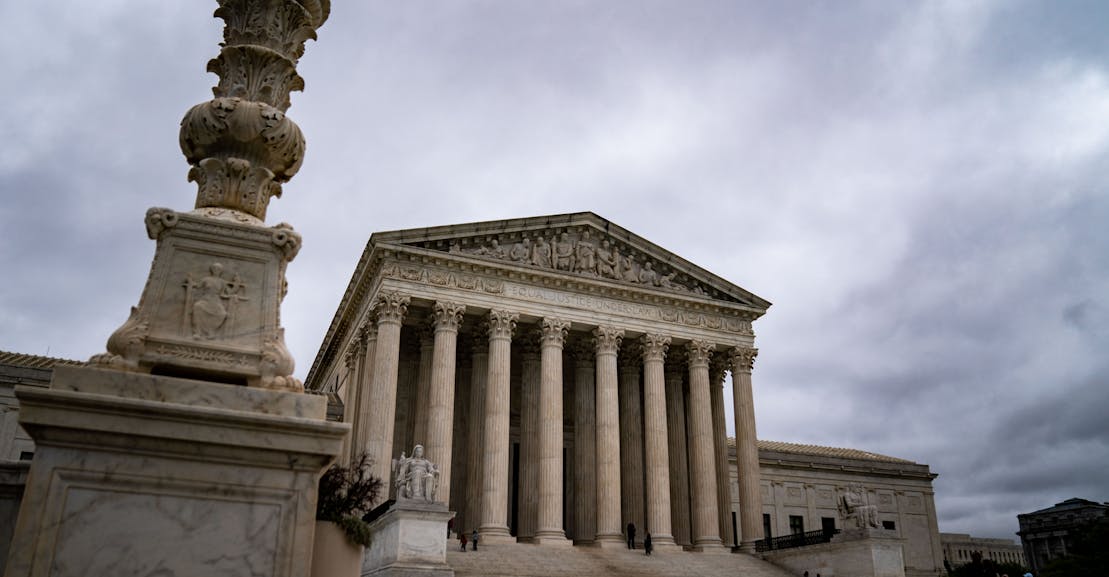
The Supreme Court agreed to hear a second lawsuit, Department of Education v. Brown, earlier this week. The two litigants, Myra Brown and Alexander Taylor, also want the Supreme Court to gut Biden’s order. They claimed that they were injured by the way in which the Biden administration crafted the student debt relief order, and asked the Supreme Court to overturn it on those grounds.
“[Brown] does not qualify for debt forgiveness because the Program does not cover commercially held federal student loans that are not in default, and [Taylor] does not qualify for the full amount of debt forgiveness because he did not receive a Pell Grant when he was in college,” they told the Supreme Court in a filing earlier this month. “[They] believe it is irrational, arbitrary, and unfair to exclude Brown from the Program just because her debt is commercially held and not in default, and to calculate the amount of debt forgiveness Taylor receives based on the financial circumstances of his parents.”
The debtors’ case hinges on the Administrative Procedures Act, or APA, and the Biden administration’s alleged defiance of it. The APA is a metastatute of sorts that lays out how federal agencies must develop and write new rules and regulations to enforce other statutes. An entire field of law—appropriately known as administrative law—is dedicated to studying the APA to the numerous federal agencies and circumstances where it applies. Suffice it to say, for our purposes that the Biden administration, in the debtors’ eyes, allegedly ran afoul of the APA by ignoring its notice-and-comment requirements.
